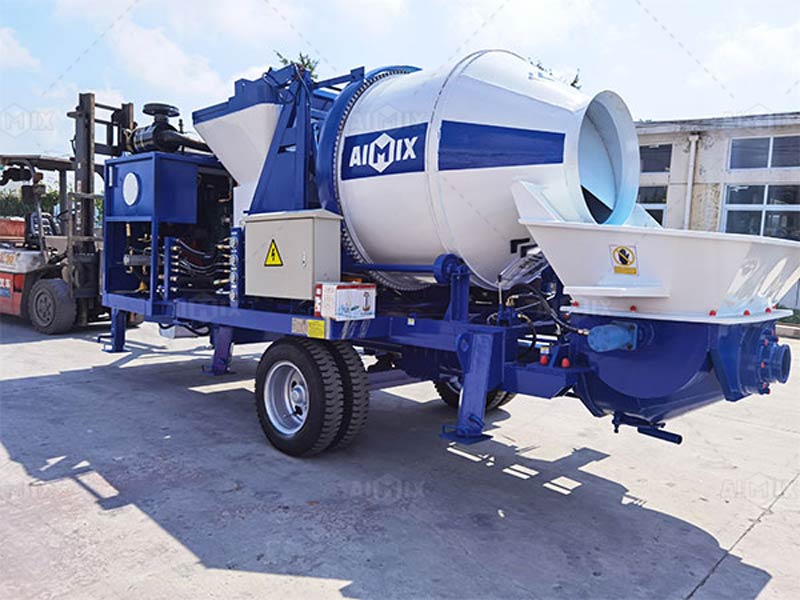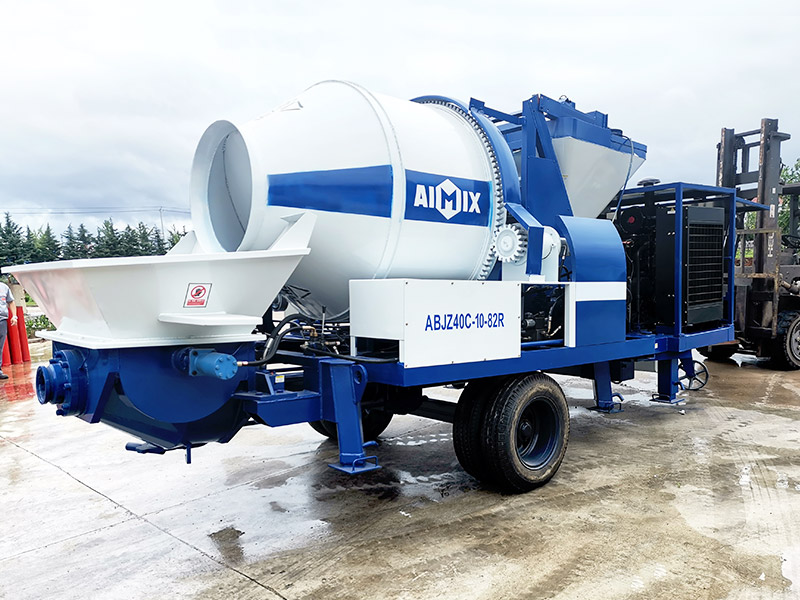When it comes to construction projects, a concrete pump is an indispensable piece of equipment that can drastically improve efficiency and quality. Whether you’re a contractor, builder, or someone involved in construction management, finding the right concrete pump sales can be a daunting task. With various types, models, and brands available, making an informed decision requires meticulous research and understanding of your specific needs. This comprehensive guide offers valuable tips for finding the right concrete pump sales to ensure that your investment is both cost-effective and tailored to your project requirements.

Understanding the Types of Concrete Pumps
Before diving into the sales process, it’s crucial to understand the different types of concrete pumps available. The two main categories are:
1. Boom Pumps: These are generally mounted on trucks and are used for large-scale projects. They have a robotic arm, or “boom,” that can be maneuvered to deliver concrete to hard-to-reach areas. Ideal for high-rise buildings, bridges, and large commercial projects, boom pumps offer high efficiency and a wide range of motion.
2. Line Pumps: These pumps are smaller and are usually mounted on trailers. They use hoses to pump concrete to the desired location. Line pumps are also called trailer pumps and they are versatile and ideal for smaller projects like residential buildings, sidewalks, and swimming pools.
Understanding these types will help you narrow down your options and focus on what best suits your project needs.
Assess Your Project Requirements
When looking for concrete pump sales, it’s essential to evaluate your specific project requirements. Consider factors such as:
Project Size: For large-scale projects, a boom pump may be more appropriate due to its high efficiency and reach. For smaller projects, a line pump might suffice.
Concrete Volume: Determine the volume of concrete you need to pump. This will help you choose a pump with the right capacity.
Accessibility: Consider the layout of your project site. If the site has hard-to-reach areas, a boom pump with a long reach might be necessary.
Budget: Concrete pumps come in a wide range of prices. Set a budget and look for options within that range without compromising on quality.
Research Reputable Brands and Dealers
Once you have a clear understanding of your needs, it’s time to research reputable brands and dealers. Look for established brands known for their reliability and performance. Some popular brands in the concrete pump industry include Putzmeister, Schwing, and CIFA.
When choosing a dealer, consider the following:
Reputation: Look for dealers with positive reviews and testimonials. Check online forums, review sites, and industry publications.
Service and Support: Ensure the dealer offers excellent customer service and support. This includes warranty, maintenance services, and availability of spare parts.
Expertise: Choose dealers who have extensive knowledge and experience in the concrete pump industry. They can provide valuable insights and recommendations based on your specific needs.

Inspect the Equipment
Whether you’re buying new or used concrete pumps, it’s crucial to inspect the equipment thoroughly. If possible, visit the dealer’s facility to see the pumps in action. Here’s what to look for:
Condition: Check for signs of wear and tear, rust, or damage. For used pumps, ask for maintenance records to ensure the equipment has been well-maintained.
Performance: Test the pump to see if it operates smoothly. Check the pump’s output rate and pressure to ensure it meets your requirements.
Technology: Look for pumps with modern features such as remote control operation, advanced safety systems, and efficient fuel consumption.
Consider Financing Options
Concrete pumps can be a significant investment, especially for small businesses. Look for dealers who offer flexible financing options. This may include lease-to-own programs, installment plans, or equipment financing through third-party lenders. Evaluate the terms and conditions carefully to ensure they align with your financial situation.
Evaluate After-Sales Support
After-sales support is crucial for the long-term performance of your concrete pump. Choose a dealer who offers comprehensive after-sales services, including:
Warranty: Ensure the pump comes with a warranty that covers major components and repairs.
Maintenance Services: Regular maintenance is essential to keep your pump in optimal condition. Look for dealers who offer maintenance packages or service contracts.
Spare Parts Availability: Ensure the dealer has a readily available supply of spare parts. This will minimize downtime in case of equipment failure.
Compare Multiple Options
Don’t settle for the first option you come across. Compare multiple dealers, brands, and models to find the best deal. Request quotes from different dealers and compare the prices, features, and services offered. This will help you make an informed decision and get the best value for your money.
Seek Recommendations
Word-of-mouth recommendations can be invaluable when looking for concrete pump sales of manufacturer like Aimix. Reach out to colleagues, industry professionals, or other contractors who have experience with concrete pumps. They can provide firsthand insights and recommendations based on their experiences.
Stay Informed About Industry Trends
The construction industry is constantly evolving, with new technologies and innovations emerging regularly. Stay informed about the latest trends and advancements in concrete pumping equipment. This will help you make a more informed decision and choose a pump that incorporates the latest technology and features.
Finding the right concrete pump sales involves careful consideration of your project requirements, thorough research, and diligent comparison of available options. By understanding the types of concrete pumps, assessing your needs, and choosing reputable dealers, you can ensure that your investment is both cost-effective and tailored to your specific project. Remember to inspect the equipment thoroughly, consider financing options, and evaluate after-sales support to make a well-informed decision. With these tips, you’ll be well-equipped to find the perfect concrete pump for your construction projects.
